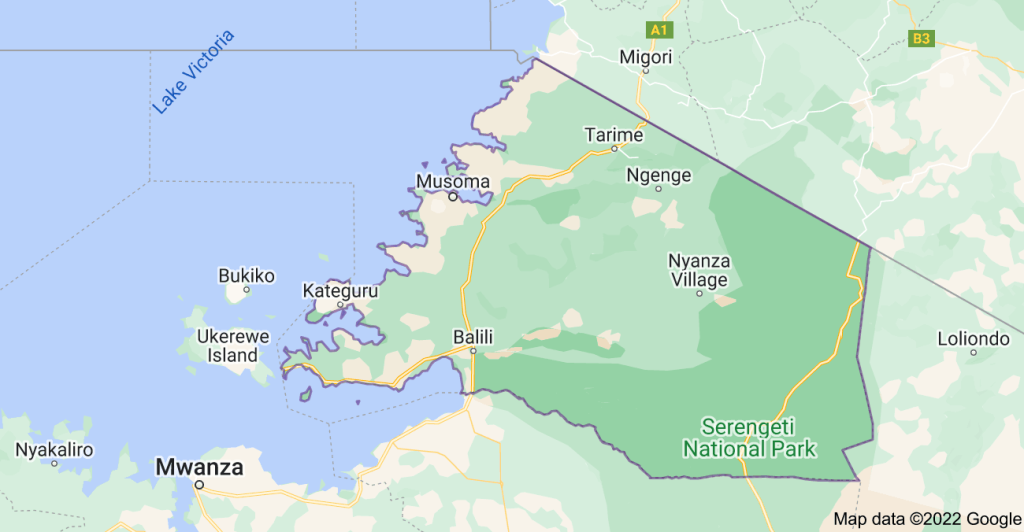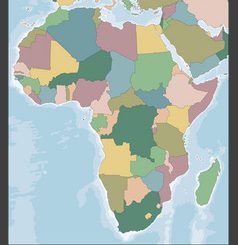
In my last post, I discussed retirement and how it is understood in a developed world context and an African context, introducing Rosemary who does not, like most Africans understand the western concept.
Retirement is a privilege of the western developed world. When older people in developing countries cease labour, family connections often see them assisting in multi-generational families and households contributing to domestic work, child rearing or other useful things that help families and communities thrive. We see it here in many migrant families, where familial values have stayed strong. They don’t retire without maintaining family support. Many Anglo Australians are now caught in the sandwich which requires care and support to grandchildren while caring for parents who are frail and needing assistance.
The concept of ceasing work and living for oneself is a consequence of western individualism. We have lost our sense of community. Whereas for Rosemary, establishing a school post retirement for poor kids who would not get an education is consistent with values where the old assist the young.
So for me, looking to the end of paid employment after 49 years it struck me that we don’t retire our education and experience gained over a lifetime. Our brains still work. We have good health that allows us to continue some level of physical activity.
Many people my age and older have significant skills and can continue to apply those skills to assist others. In our regulated developed context, it would be difficult to use many higher level skills as a volunteer. There may be a perception of taking someone’s job who should be paid for that. I have been a director on two charity boards and this is an area where retired professionals do make useful contributions. But what about working in the charity as a volunteer? Much volunteer work fails to utilize the skills and experience of older people. Some may be happy with simpler tasks.
In an international context charitable giving makes enormous differences in poverty-stricken communities. I have seen it. I have also seen the differences that training can make. On some of my visits to partners, I have been asked to conduct workshops on various activities. Only in a small number of instances have I been able to do this. We have a “grey army” who could be mobilized internationally to contribute time and skills – arguably much more valuable than donating funds. International aid is an industry which is pricing itself out of business. Asking consultants to undertake some work for an NGO in a developing country is very expensive and while there are arguments about the need for some of these activities, the sector perpetuates itself in bureaucracy that requires a university degree to understand the jargon!
My time in Tanzania is to serve the church at the direction of the bishop. He has outlined a number of things he thinks I could help with including:
Training Pastors and Diocesan leaders on strategic planning
Project planning, accountability and transparency
The significance of faithfulness in service and faithfully preaching the Gospel
Look to God for future directions for the Diocese projects and potential growth areas.
Oversee the implementation of new projects and
Lead regular weekly (Friday) Bible study.
Bishop George Okoth
I am somewhat intimidated by the draft job description but up to the challenge.
Consider if you are approaching the end of paid work how you could work in a community to build capacity in developing nations. Is there opportunity for retired people to self fund support to churches and NGOs that desperately need a level of input that is beyond any financial resources they have.
So what does all this have to do with the subject of Mara, Malaria and Mosquitos?
I spent last week near Byron Bay for a week, visiting family. The Airbnb I stayed at had mosquitoes which were not a major issue but annoying enough that the supplied mosquito coils were well used. In Australia very few people die from mosquito borne diseases. It is rare enough that a case of Japanese encephalitis makes the news. Not so in Tanzania.

I will be in the Mara region, which takes in the region around eastern Lake Victoria. Mosquitoes there cause deaths, especially among children. It doesn’t make the headlines as death from malaria is commonplace. It is not to say that there haven’t been advances in preventative programs to reduce mosquito populations, or educational programs to ensure early diagnosis gets children especially, to a health clinic for treatment before it is too late. But the difference between mosquitoes in Australia and Tanzania (and any other developing country) is annoyance for us and death for Tanzanians.
Malaria is a totally preventable illness. Billions are spent annually on programs to prevent it. I have the luxury of six months supply of doxycycline a relatively cheap antibiotic which is a prophylactic for malaria. The side effects are enough to put most off travel to malarial areas. But they are nothing compared to getting malaria. Tanzanians have learned to live with malaria. A bit like COVID here eh?
The last word however goes to Rosemary who read my post about her and responded with
“I was deeply touched by what you wrote about me on U tube . I meant every word of it and greatly aware that many of us Retirees waste away all the unused talents and potential gold that we led to sleep as we work in our paid jobs.”


Eddie: Greetings. How can I subscribe to your blogs? Need guidance. Kim
LikeLike